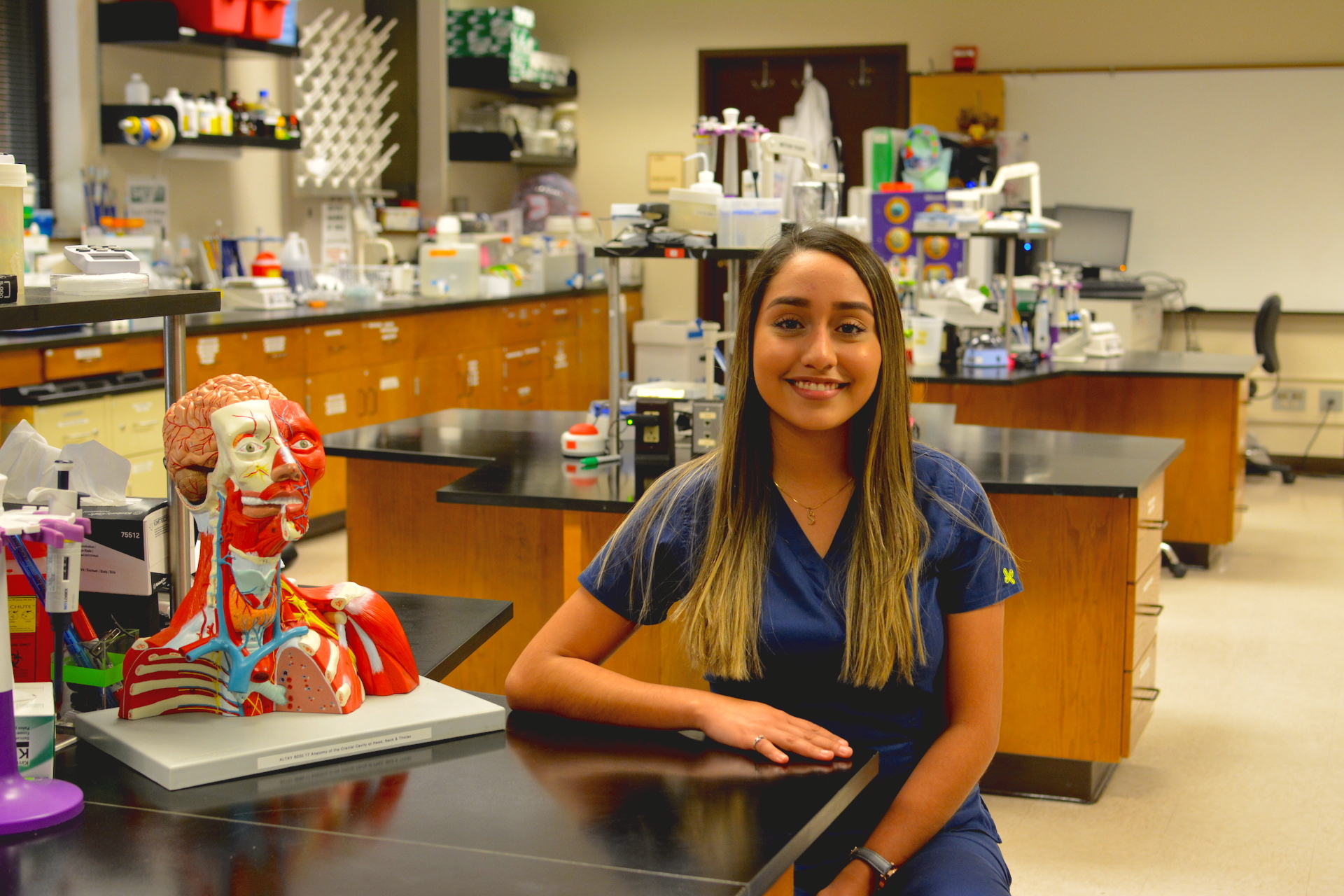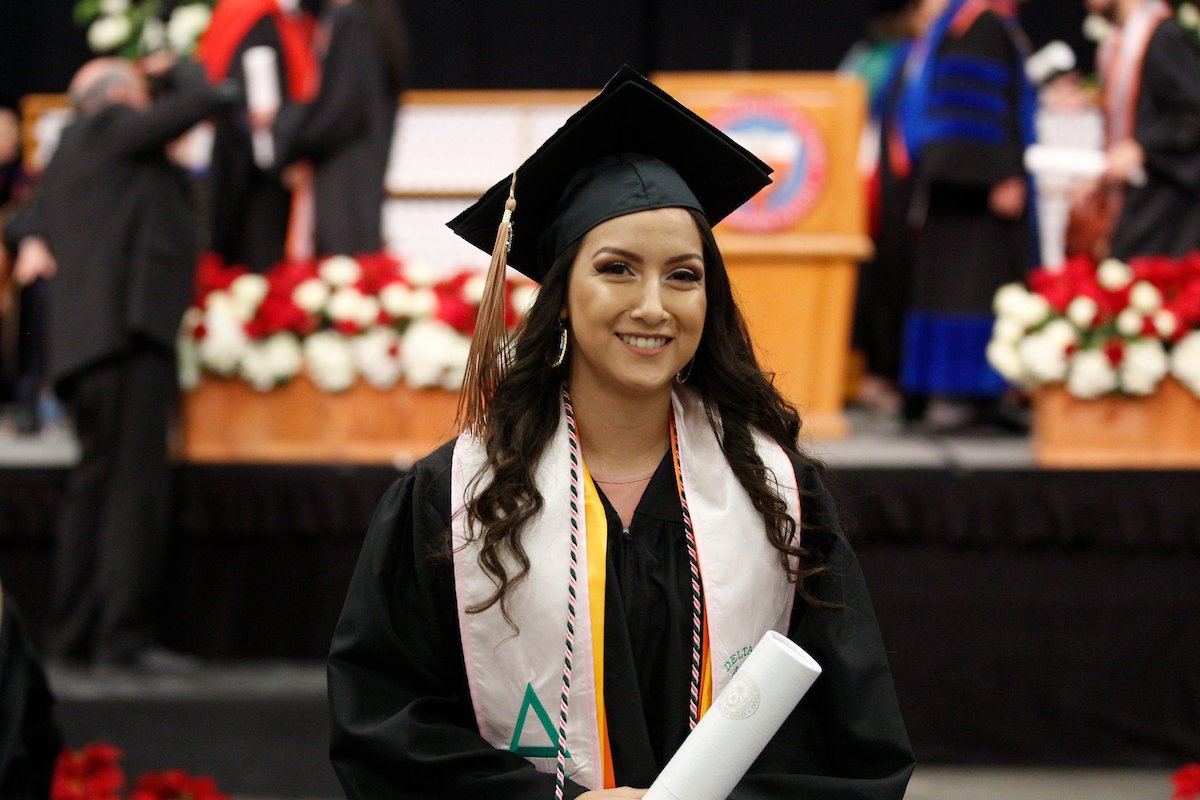Welcome to the Department of Health & Biomedical Sciences! We offer several programs that provide an excellent education in the health and biomedical sciences, which are suitable for careers in health and biomedical science professions, research, and education.
Mission
The Department of Health & Biomedical Sciences at The University of Texas at Rio Grande Valley offers students of exceptional character and accomplishments an education in biomedical, health, clinical lab, dietetics, and nutrition sciences that prepare them to become superb and caring physicians, biomedical and clinical lab scientists, teachers, registered dietitians/nutritionists, or healthcare providers. We are committed to creating a challenging and multicultural learning environment that inspires students to achieve the highest standards of academic excellence and intellectual and personal development through a stimulating and comprehensive program of instruction that develops the knowledge, attitudes, and skills essential for life-long learning. The mission of the Department of Health and Biomedical Sciences is to also foster excellence in research and professional-graduate education, develop and maintain collaborative multi-disciplinary research and education programs focusing on eliminating health disparities, and advance healthcare in the Rio Grande Valley and beyond through the dissemination and discovery of knowledge. We will utilize innovative educational and research tools to develop critical thinking, communication, team work, ethical, and creative skills and attitudes in our students to train them to be highly attractive employees in the 21st-century workforce.
Vision
The vision of the Department of Health & Biomedical Sciences is to become the preeminent institution that provides leadership and fosters excellence in health and biomedical sciences education, research, healthcare, and service in the Rio Grande Valley (RGV) and beyond.
We will accomplish this vision through the discovery and dissemination of knowledge and by providing the best value and quality in education, research, and service, insisting on high standards and expectations, personal responsibility, and leadership from students, faculty, and staff.
Academic Programs
Bachelor's

Bachelor's Degree
Biomedical Science (BS)
Bachelor of Science in Biomedical Science
Program Modality: Campus
The Bachelor’s degree in Biomedical Science provides students with the knowledge and skills for admission to professional schools in medicine, dentistry, veterinary medicine, pharmacy, and more.
The Biomedical Science program empowers future health leaders with innovative educational experiences in advanced bioscience topics such as molecular cell biology, molecular genetics, and genomics, including anatomy, physiology, neuroscience, and human health.

Bachelor's Degree
Health Services Technology (BAT)
Bachelor of Applied Technology in Health Services Technology
Program Modality: Online
The Health Services Technology program was created for allied health practitioners with an AAS degree in a health profession such as Radiologic Technology, Respiratory Therapy, Medical Laboratory Technology, and other health professions. Program courses are offered in a flexible, affordable, online format to allow working healthcare professionals and those at a distance to continue their education while working. Topics of study include healthcare systems, ethics, leadership, education, and more. Completing this program will help healthcare professionals move into supervisory and entry-level management positions in their current field and prepare them for graduate programs in health science fields. Students must apply to the program and be admitted to this major. Health Services Technology is also available as a minor for students of any other major at UTRGV.
Master's

Master's Degree
Health Science (MS - Nutrition)
Master of Science in Health Science with a concentration in Nutrition
Program Modality: Online
The UTRGV M.S. in Health Sciences with a concentration in Nutrition online program can help you deepen your knowledge of nutrition and expand your career options. Core courses introduce you to the health care system and quality improvement, as well as health care policy and research.


